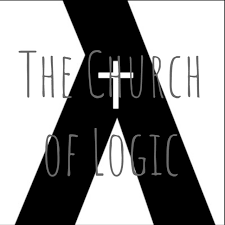
I was interviewed by Cody Roux for The Church of Logic podcast—a fascinating sweeping conversation on issues in the philosophy of mathematics and set theory, including what I described as a fundamental dichotomy between two perspectives on the nature of mathematics and what it is all about. Cody and I have affinities with opposite sides of this dichotomy, which made for a fruitful exchange.

